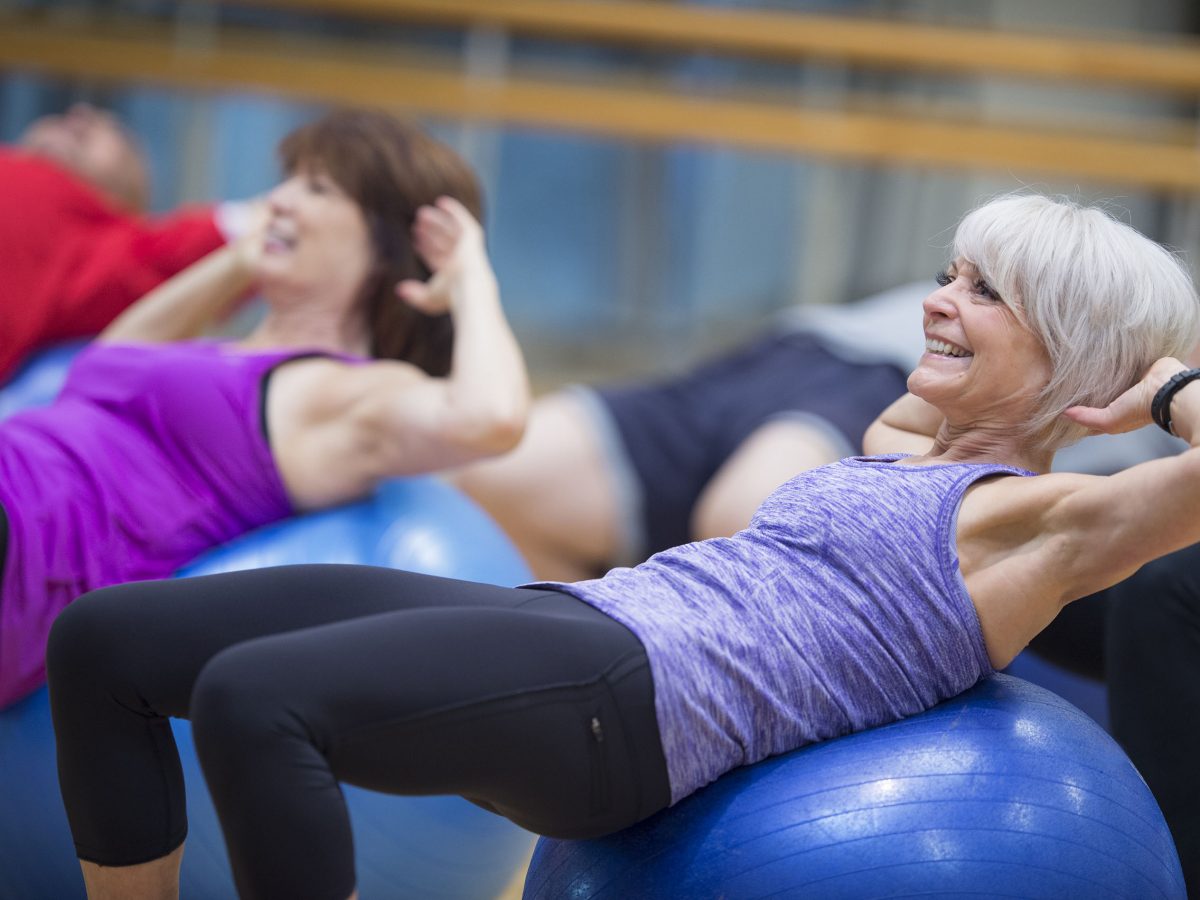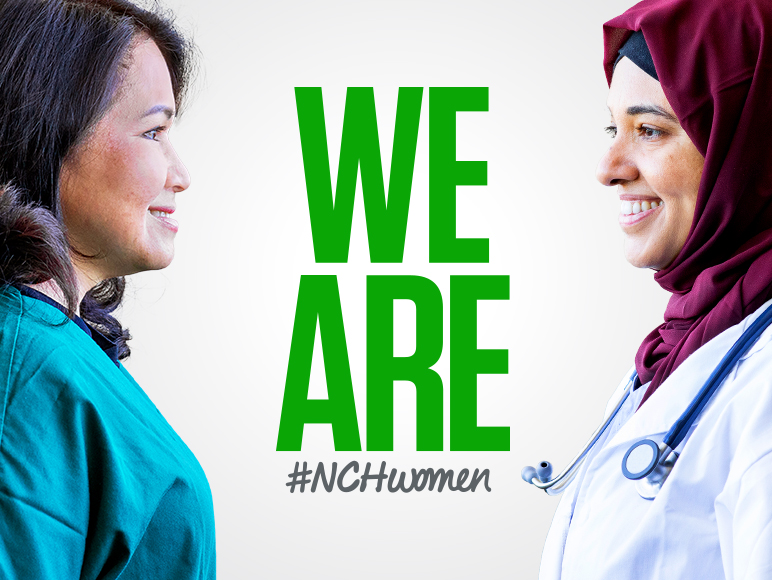Pelvic Floor and Bladder Program
Pelvic issues are a common concern for women of all ages. Sometimes symptoms of more serious conditions are associated with the process of aging or changes due to pregnancy. Our Pelvic Floor and Bladder Program is located in the NCH Women’s Center where you’ll find a relaxing and inviting atmosphere and expert care for all of your pelvic and bladder health needs.
Our team of specialists provides comprehensive clinical care and minimally-invasive surgical treatments for pelvic floor disorders, childbirth injury, complications from gynecologic surgery and congenital genitourinary disorders.
Don’t hesitate to talk to your primary care provider about any pelvic health or bladder symptoms you are experiencing, or get a consultation with one of our pelvic and bladder experts.


Expert Women’s Healthcare. Right Here.
Four out of five of our team members are women. So we understand how important it is for your to take care of yourself—because we’ve need that same care ourselves. That’s why we’re dedicated to providing the best women’s healthcare, close to home.
Conditions we treat
- Stress incontinence
- Urge incontinence
- Urinary frequency/urgency
- Prenatal and postpartum back and pelvic girdle pain/dysfunction
- Interstitial cystitis
- Chronic pelvic pain
- Overactive bladder
- Fecal incontinence
- Chronic constipation
- Rectal pain
- Pelvic floor muscle coordination
- Pelvic congestion syndrome
- Post urogenital/gynecologic cancer treatment
- Pain with intercourse/sexual dysfunction
- Levator Ani Syndrome
- Vaginismus
- Vulvodynia
Treatments and testing
Pelvic floor physical therapy – A comprehensive physical therapy approach for a variety of incontinence and pelvic pain conditions. Specially trained physical therapists incorporate education with treatment modalities and exercises to improve bowel and bladder control by promoting core and pelvic floor muscle strength, activation, coordination or relaxation, to improve bowel and bladder function and reduce pelvic pain.
Biofeedback – EMG Biofeedback is a type of therapy that uses sensors to help with pelvic floor muscle strengthening and relaxation. This has been shown to be effective for 85% of patients with urinary incontinence. It is non-invasive, pain-free and has no side effects. It is one of the most cost-effective treatments available today.
Botox – Botox injection treatment is for patients suffering from overactive bladder. It is a minimally invasive treatment that lasts for six months or longer.
Percutaneous Tibial Nerve Stimulation (PTNS) – A minimally-invasive neuromodulation treatment for use in overactive bladder and associated symptoms of urinary frequency/urgency and urge incontinence when more conservative measures have failed.
Interstim – This is an implantable device that electronically stimulates sacral nerves to help control bladder function in patients with urinary frequency/urgency.
Urethral bulking – A urethral bulking injection is a procedure that is used to treat urinary incontinence in women. During the procedure, bulking agents are injected into the walls of the urethra to help close the sphincter and help patients gain control over their urine flow.
Electrical stimulation – This is a technique used to elicit a muscle contraction using electrical impulses. Electrodes, controlled by a unit, are placed on the skin over a predetermined area. It helps in muscle strengthening, relaxation and identification.
Behavior modification, nutrition and lifestyle changes – Physical and mental techniques can help decrease the frequency of urinary incontinence in many individuals. We offer guidance in modifying things you have control over, such as changes in diet or daily routine.
Medication – Medications can be used to temporarily treat conditions in conjunction with other treatments.
Minimally-invasive surgical treatments – Minimally invasive surgery involves small incisions in the body to limit post-operative pain and reduce recovery time.
Urodynamics – Urodynamics is a test of the bladder, sphincters and urethra to evaluate the process of urination.
To schedule a consultation or request a referral, call 847-618-0950.
Pelvic Floor and Bladder Program Physicians
Pelvic Floor and Bladder Program Treatment Locations

880 W. Central Road
3rd Floor
Arlington Heights, IL 60005
847-618-0950 847-618-0755
X.X mi

